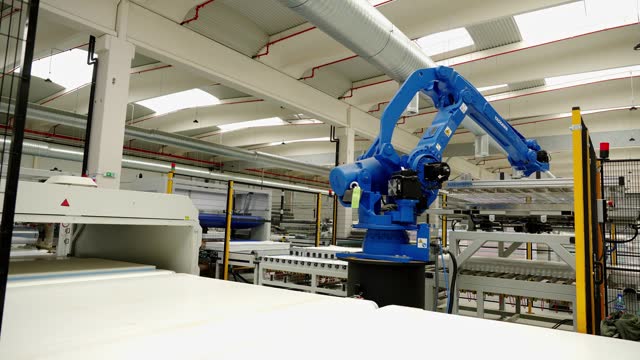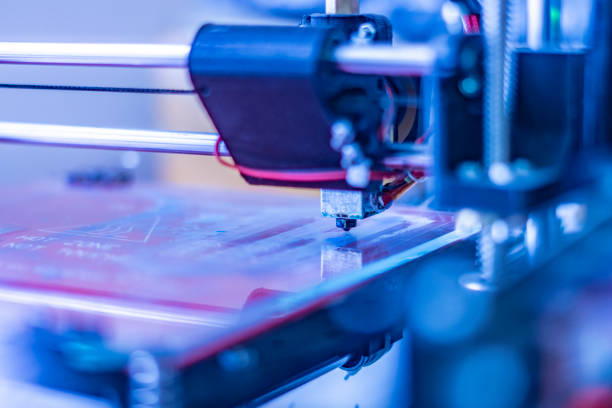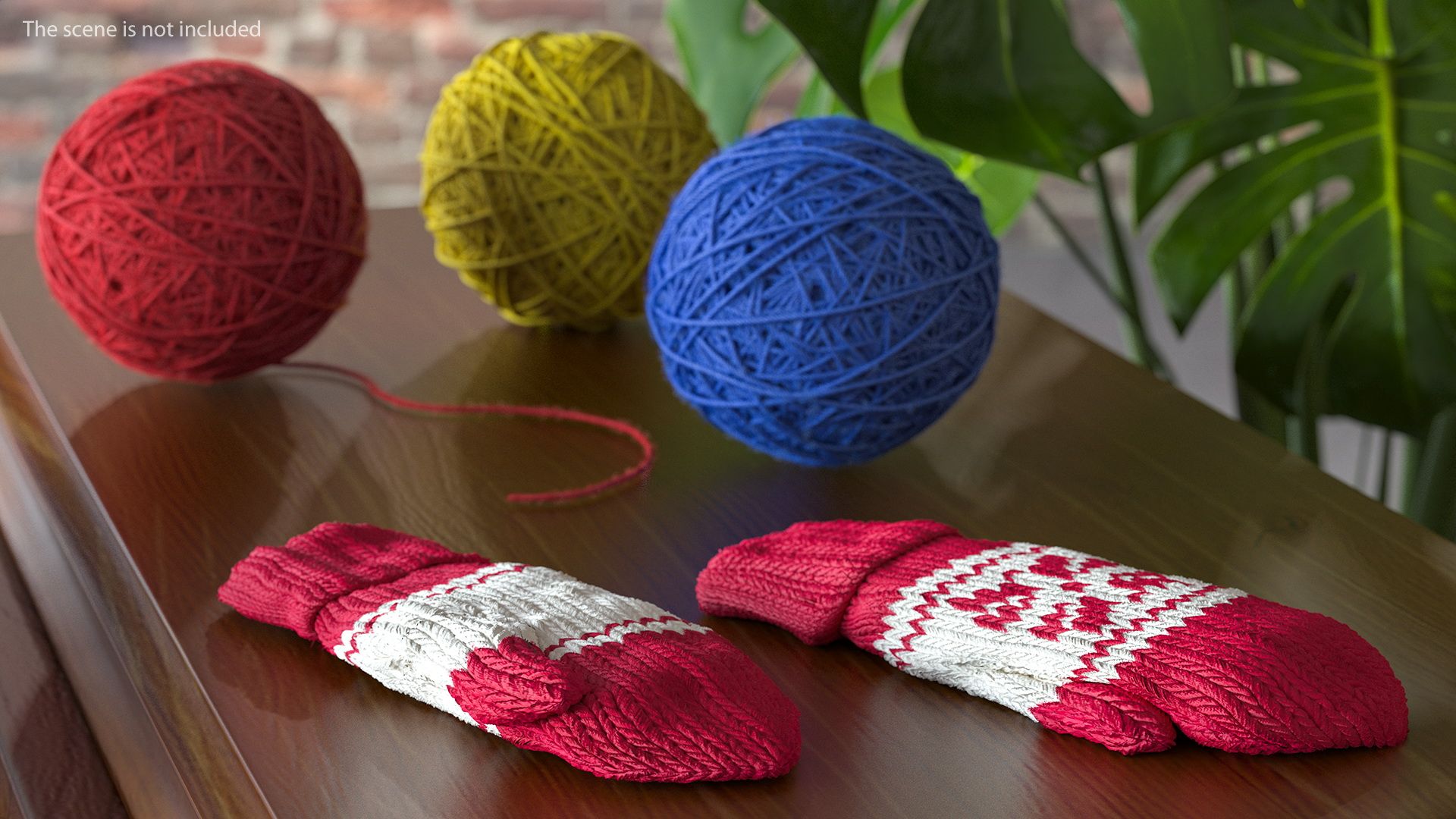Introduction
The textile industry, one of the oldest and most dynamic sectors in the global economy, is undergoing a technological revolution. With advancements in materials science, digital manufacturing, and artificial intelligence (AI), the future of textiles looks promising and innovative. In 2024, several cutting-edge technologies are set to redefine the landscape, offering unprecedented opportunities for efficiency, creativity, and environmental stewardship. This blog will explore the latest technology trends shaping the textile industry, highlighting their implications, advantages, and real-world applications.
Smart Textiles
Smart textiles, also known as e-textiles, integrate electronic components into fabrics to provide added functionality. These textiles can monitor health conditions, adjust to environmental changes, and even charge electronic devices. Companies like Google and Levi’s have collaborated on projects such as the Jacquard jacket, which allows wearers to interact with their smartphones through fabric touch gestures.
Smart textiles are particularly transformative in healthcare and sports. For instance, garments with embedded sensors can monitor vital signs like heart rate and temperature, transmitting data in real-time to healthcare providers. This technology is not just futuristic but practical, as seen in wearables developed by companies like Hexoskin, which provide athletes with detailed performance analytics. The ability to collect and analyze biometric data can lead to better health outcomes and optimized athletic performance, marking a significant leap forward in both fields.

Artificial Intelligence (AI) in Textiles
The integration of artificial intelligence (AI) in the textile industry is revolutionizing various aspects of production and design. AI-powered systems can optimize manufacturing processes, predict trends, and even create designs. Companies like Sewbo are using AI and robotics to automate the sewing process, significantly reducing labor costs and increasing production efficiency.
AI is also enhancing the design process by analyzing vast amounts of data to predict fashion trends and consumer preferences. Platforms like Heuritech use AI to analyze social media images and provide fashion brands with insights into upcoming trends. This allows for more accurate forecasting and better inventory management, reducing waste and improving profitability. Furthermore, AI-driven quality control systems can detect defects in fabrics with greater precision than human inspectors, ensuring higher quality products and minimizing returns.

Digital Fabric Printing
Digital fabric printing is revolutionizing the way textiles are designed and produced. Unlike traditional printing methods, digital printing allows for high-resolution designs and shorter production runs, enabling greater customization and reducing waste. Companies like Spoonflower offer platforms where designers can upload their patterns and have them printed on demand.
This technology has democratized textile design, allowing independent designers to enter the market with minimal investment. Moreover, it supports just-in-time manufacturing, which reduces the need for large inventories and minimizes waste. In the fashion industry, brands like Zara are leveraging digital printing to quickly adapt to changing trends and offer unique, limited-edition products. The flexibility and efficiency of digital fabric printing make it an essential tool for modern textile production, catering to the growing demand for personalized and sustainable products.

3D Knitting
3D knitting technology allows for the creation of seamless, complex garments directly from digital designs. Companies like Nike and Adidas have embraced this technology to produce high-performance sportswear with minimal waste. The Flyknit shoes by Nike, for example, use 3D knitting to create a lightweight, durable, and sustainable product.
The advantages of 3D knitting extend beyond athletic wear. This technology is also making waves in fashion, home décor, and even automotive industries. The ability to produce intricate designs without seams improves both comfort and aesthetics, while the efficiency of the process reduces material waste. Additionally, 3D knitting enables rapid prototyping and production, allowing designers to bring new ideas to market faster. This technological advancement is setting new standards for innovation and sustainability in the textile industry.

Blockchain for Supply Chain Transparency
Blockchain technology is being adopted to enhance transparency and traceability in the textile supply chain. By recording every transaction on a secure, immutable ledger, blockchain ensures that all stages of production, from raw material sourcing to final product delivery, are documented and verifiable. Companies like Provenance and Textile Genesis are developing blockchain solutions specifically for the textile industry.
This technology addresses growing consumer concerns about ethical sourcing and environmental impact. For example, fashion brands can use blockchain to provide customers with detailed information about the origin of their garments, including the conditions under which they were produced. This transparency builds trust and allows consumers to make more informed purchasing decisions. Furthermore, blockchain can help prevent counterfeiting and ensure that products meet regulatory standards. By improving supply chain transparency, blockchain technology is helping to create a more ethical and accountable textile industry.

Conclusion
The textile industry is at the forefront of technological innovation, with advancements in smart textiles, AI, digital printing, 3D knitting, and blockchain transforming the way we produce and consume textiles. These trends not only enhance efficiency and creativity but also address critical issues such as environmental impact and ethical sourcing. As we move into 2024, the continued integration of these technologies will drive the textile industry towards a more sustainable, transparent, and innovative future. Embracing these changes will be key for businesses looking to stay competitive and meet the evolving demands of consumers. The future of textiles is not just about fabrics and designs but also about how technology can create a more connected, efficient, and responsible industry.
